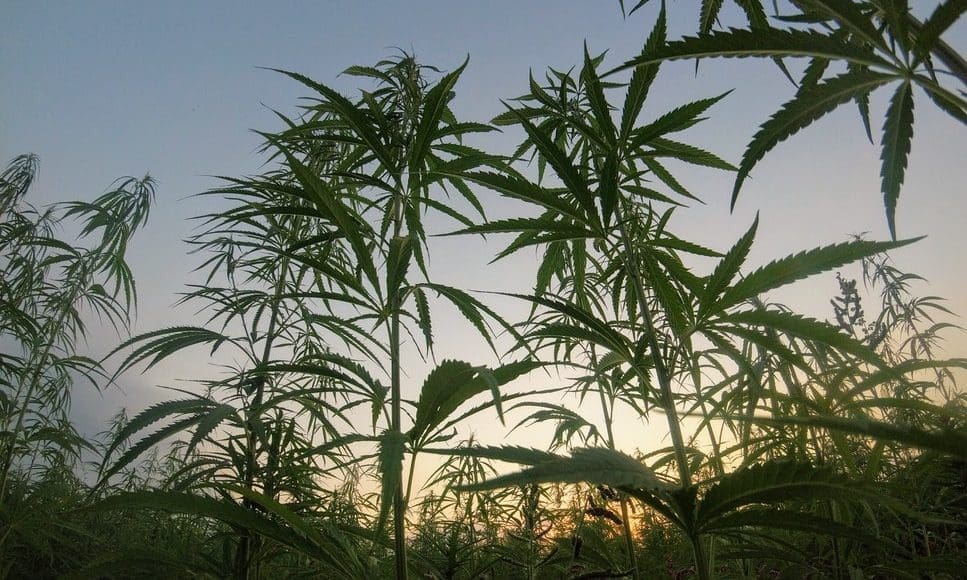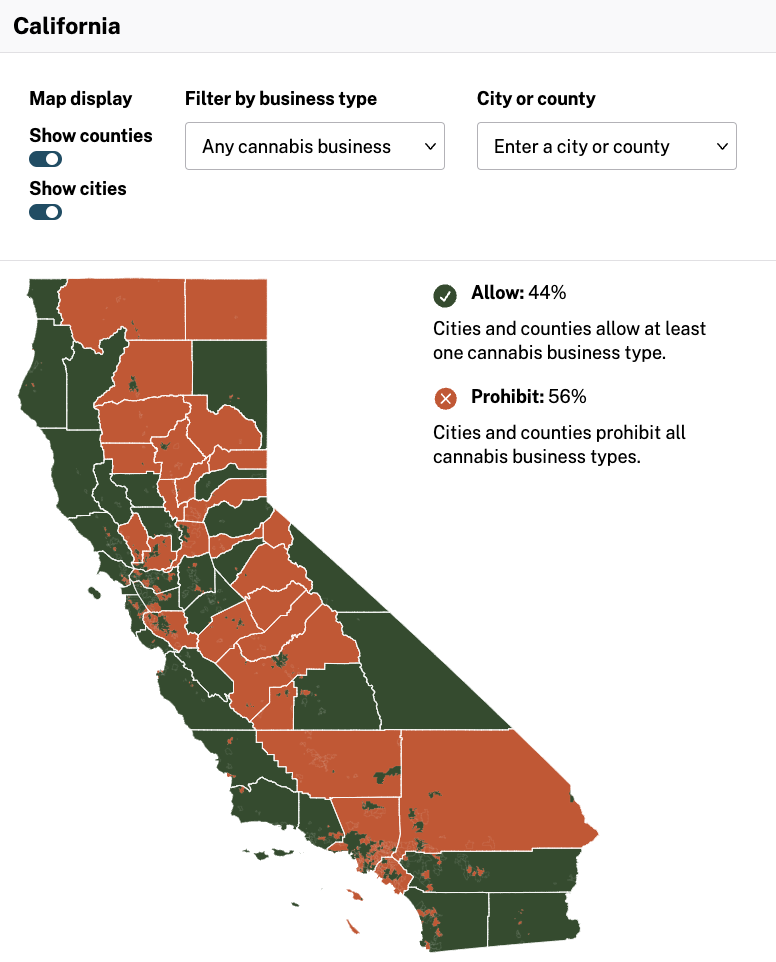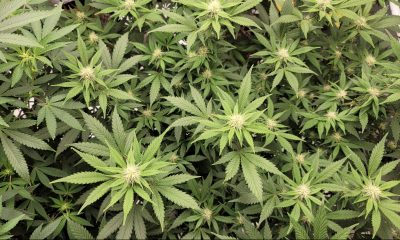Politics
California Officials Launch New Marijuana Map Revealing Which Areas Are Still Blocking Businesses

California officials launched a new resource on Thursday, providing people with an interactive map showing where marijuana businesses are permitted—and where they are blocked from opening—throughout the state.
The tool draws attention to the fact that more than half of the state’s cities and counties do not allow any type of cannabis licensees to operate in their area, which advocates say is a problem that has allowed the illicit market to thrive despite voter-approved legalization.
The interactive map shows 44 percent of cities and counties allow the licensing of at least one cannabis business type, while 56 percent of cities and counties prohibit the licensing of all cannabis business types. #CAcannabis #Map
— CA Department of Cannabis Control (@CAcannabisdept) May 26, 2022
The map from the Department of Cannabis Control (DCC) doesn’t identify where to find dispensaries that are open, per se (though the agency does have a separate online resource where consumers can find individual licenses businesses). But the new tool does break down how many cities in a given county allow retailers, distributors, manufacturers, cultivators and testing facilities.
“This data helps Californians understand the work we have ahead of us in realizing the promises of cannabis legalization, including supporting access to a safe, legal, and equitable cannabis market across the state and combating the unregulated, illicit market,” DCC Director Nicole Elliott said in a press release.

Via DCC.
Currently, 56 percent of California cities and counties have opted out of allowing any form of cannabis business from operating. An even greater fraction, 62 percent, don’t permit retailers specifically, which would theoretically increase demand for unlicensed sales for people unwilling or unable to travel to a different part of the state for marijuana.
DCC said that it intends to build upon the resource with feedback from the public and stakeholders, and it will be providing additional assets to promote consumer education in the future.
With respect to improved access to cannabis, state Sen. Scott Wiener (D) is sponsoring legislation that would allow for medical marijuana delivery services for qualified patients anywhere in the state, regardless of local policy. That bill cleared the Senate on Monday and is now awaiting action in the Assembly.
Meanwhile, the governor of California unveiled an updated budget proposal earlier this month that calls for the elimination of the state’s marijuana cultivation tax and revised cannabis tax revenue allocations.
Gov. Gavin Newsom’s (D) May revised budget would take steps intended to combat the illicit market and make the legal industry more competitive, in large part by zeroing out the cultivation tax that marijuana businesses currently incur.
The budget also calls for the creation of a one-time “cannabis local jurisdiction retail access grant program” to support the development and implementation of local retail licensing efforts. The $20.5 million for that program would come out of the state general fund. Localities that license equity applicants could receive additional funding.
Newsom said this month that the goal of the initiative is “addressing the persistent issue that is exactly what we anticipated would be a persistent issue—and that’s dealing with the black market, going after the illegal growers and the illegal operators.”
California officials also announced in January that the state had awarded $100 million in funding to help develop local marijuana markets, in part by getting cannabis businesses fully licensed.
DCC distributed the funds to 17 cities and counties where there are a disproportionate number of provisional marijuana licenses, rather than full-year licenses. The department first announced that applications for the Local Jurisdiction Assistance Grant Program had opened in October.
Also last year, the state said it was awarding about $29 million in grants to 58 nonprofit organizations, with the intent of righting the wrongs of the war on drugs. The funding is being provided through the California Community Reinvestment Grants (CalCRG) program.
Grants are being awarded to qualifying nonprofits to support programs aimed at providing job placement, mental health treatment, substance misuse treatment and legal services for disproportionately impacted communities. The program was first announced in April 2020, and applications for those grants were initially opened in September 2020.
Officials with the California Department of Fish and Wildlife also said last year that they were soliciting concept proposals for a cannabis tax-funded program aimed at helping small marijuana cultivators with environmental clean-up and restoration efforts.
FDA Warns Companies About CBD Products For ‘Food-Producing Animals’
















